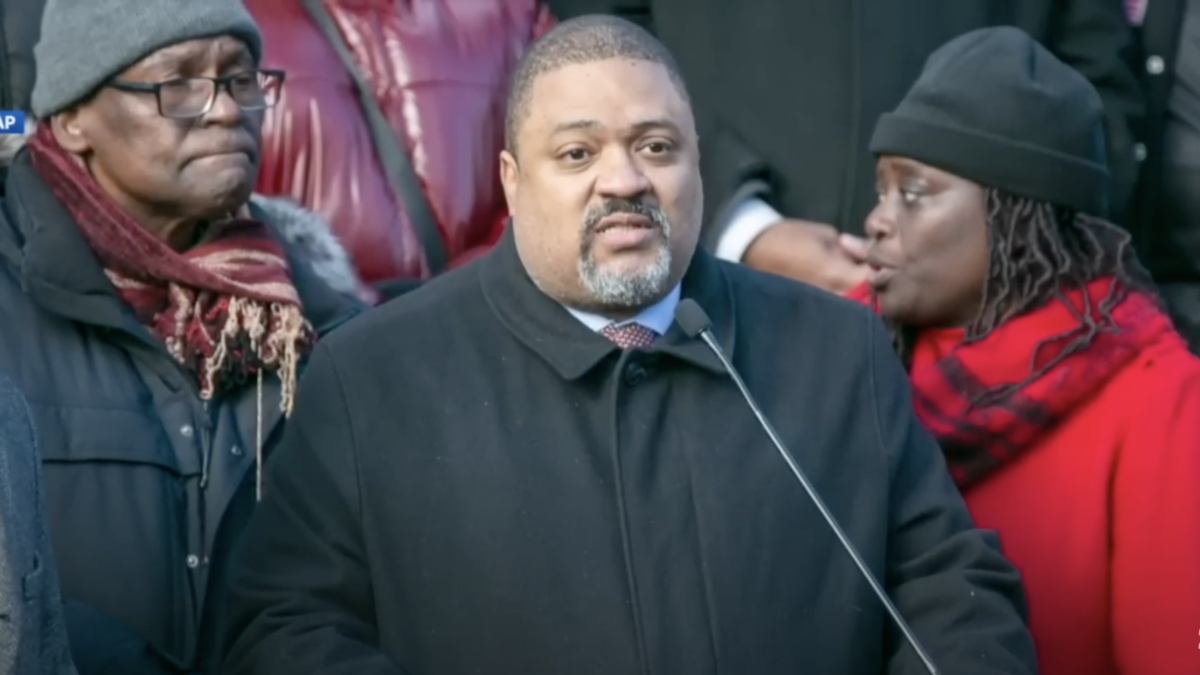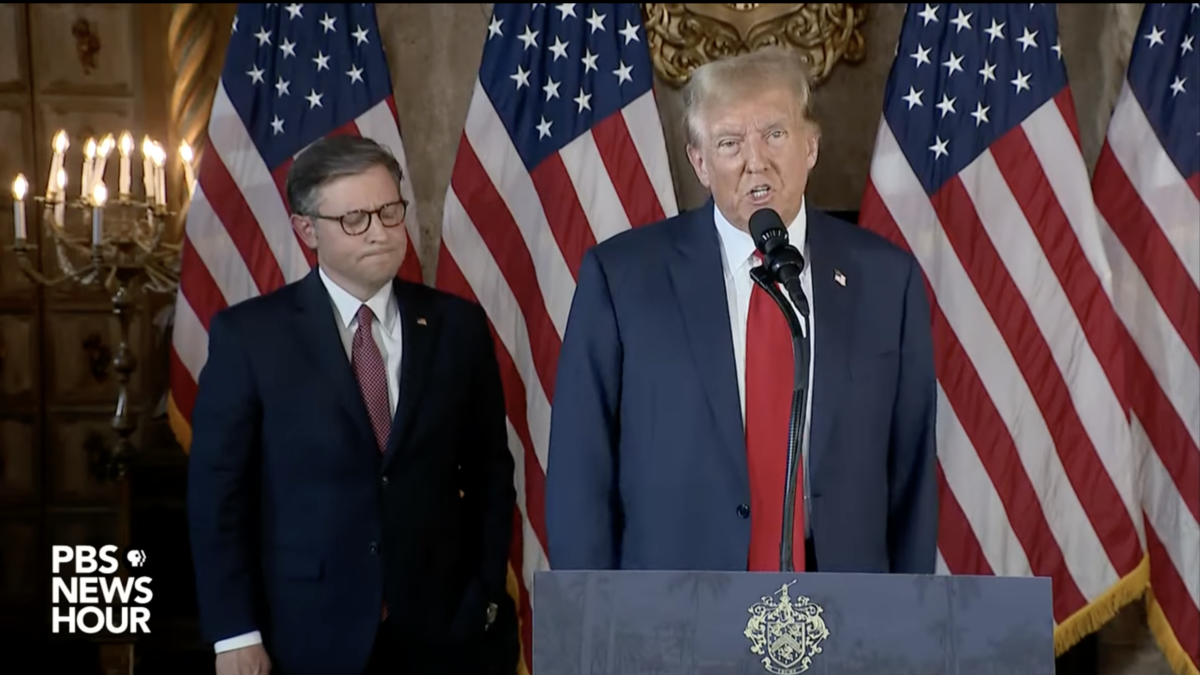PEN America, an international advocacy group for free expression, recently published an updated report about “book banning” in America. The group claims that school districts choosing not to carry particular books in their libraries “threaten[s] free expression and students’ first amendment rights.” The most common books that school districts have restricted student access to include “Gender Queer,” “All Boys Aren’t Blue,” and “Out of Darkness.” These books have been criticized as pornographic and promoting LGBT content. For example, “All Boys Aren’t Blue,” a book aimed at adolescents, contains graphic descriptions of male homosexual sex.
PEN America argues that the removal of such books from school libraries “impede[s] free expression rights” and that such efforts do not “uphold free speech rights.” For PEN America, free expression rights “must be the bedrock of public schools in an open, inclusive, and democratic society.”
Such an understanding of free speech and free expression is wrong. Any sort of “free speech absolutism” that recognizes no limits is not the ideal for those concerned about ordered liberty. Men and women who care about their communities and their nation ought not to desire a public square that is laissez faire in its approach to speech. Just as true liberty is not license but liberty to do what is good, free speech is not freedom to degrade public morals. Speech expresses morals, and some morals — some ways of life — are beyond the pale for societies that are oriented to what is good and right and true.
Speech-Denying Nature Undermines the Nation
The American nation was built upon a conception of the world that recognized “the laws of Nature and Nature’s God.” There was an understanding by our nation’s founders that there are moral laws built into the fabric of the world that human beings ought to obey. Unfortunately, America in the modern day has lost any shared consensus about those laws of nature, or even whether there are moral laws at all. The sexual revolution has taken its toll on the public’s conception of morality. Recovering public morals will include a renewed recognition of the basic principles of the moral laws found in nature. The nature observable to the American founders is the same nature we can see today. Speech that denies nature itself — such as speech promoting sexual relations contrary to nature — undermines the very foundation upon which American society rests.
If a nation is to preserve itself, it must be willing to defend its moral foundation. Books that promote degenerate behavior, especially when they are targeted at children, ought not to be tolerated. For America, “free expression” that grossly violates “the laws of Nature and Nature’s God” acts like a jackhammer to America’s moral foundation, leaving it more like sand than rock, ready for the rising waters of late modernity to seep in and threaten destruction.
The idea of limiting expression in order to promote the moral foundations of society stretches from Plato to the American founders (and beyond). In discussing what sort of poetry ought to be recited in the ideal city, Socrates and his interlocutors in “The Republic” decide that tales encouraging immorality must be replaced by those that help citizens to know their place in the city and love justice. The old myths told by Homer and Hesiod taught that the gods practiced wickedness, and thereby encouraged wickedness among the people who looked up to the gods. Thus, Homer and Hesiod’s myths needed replacement. Some speech does not promote what is good or just, and Plato suggests that it therefore ought to be stopped to build a flourishing society.
Liberty Requires Order
Americans in earlier times had a much more expansive view of free speech than Plato, and yet they still considered some expression to be out of bounds. One early American court case demonstrates this well. In People v. Ruggles, an 1811 case in New York, John Ruggles was prosecuted for blasphemy. In a crowded tavern, Ruggles had openly mocked Christianity and the doctrine of the virgin birth of Christ.
Chief Justice James Kent, delivering the unanimous opinion of the court, wrote that such open blasphemy “in respect to the obligations due to society, is a gross violation of decency and good order” and “strike[s] at the root of moral obligation, and weaken[s] the security of the social ties.” Undermining the religion of the people undermines the moral basis for the nation. Kent thus concluded that “[w]e stand equally in need, now as formerly, of all that moral discipline, and of those principles of virtue, which help to bind society together.”
That is just as true in 2022 as it was in 1811. Americans who believed in the First Amendment considered limits on free expression to be compatible with the constitutional order and even necessary for the preservation of their society.
The moral fabric of society is not maintained if ignored. If openly attacked, it becomes like tattered pieces of cloth that provide no warmth or covering. Our American heritage highly values individual liberty and the ability for someone to speak his mind or publish his thoughts. Yet freedom-loving Americans must not forget that ordered liberty is maintained only with due vigilance for the moral framework that gives order to that liberty.
Public and school libraries are a huge boon for society. Reading a wide variety of books can expand one’s horizons. Yet there are some books that degrade public morals, that strike at the foundation of our nation. “Free expression” is an inadequate defense for the presence of books in libraries that promote degeneracy. The protection of true freedom — ordered liberty — necessitates limits and guardrails to protect us from swerving off course.
We can debate where precisely the limits of speech ought to be, but limits there must be. And pornographic children’s books in school libraries lies far outside any acceptable limit. Preserving the moral fabric of our society is too important to hold otherwise.








